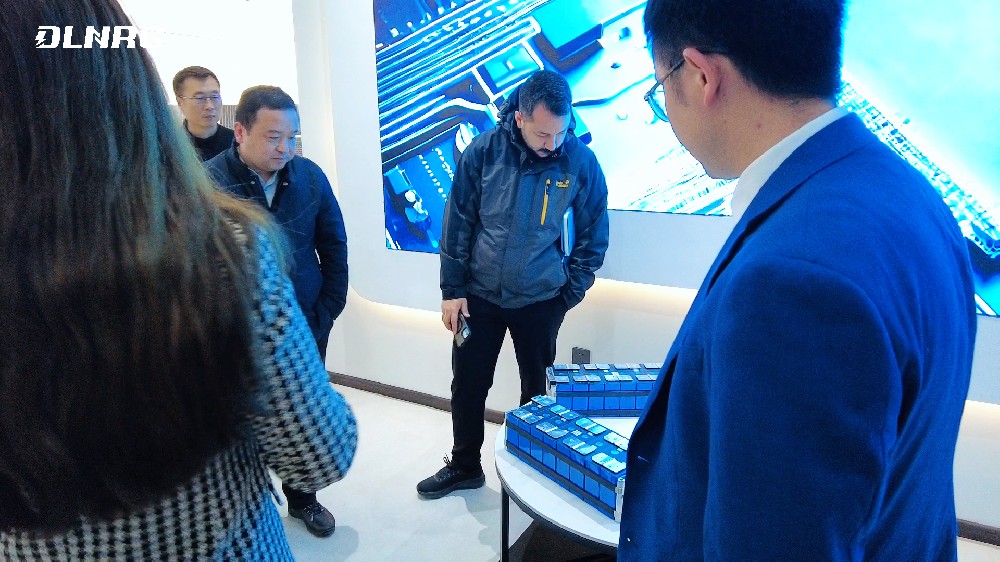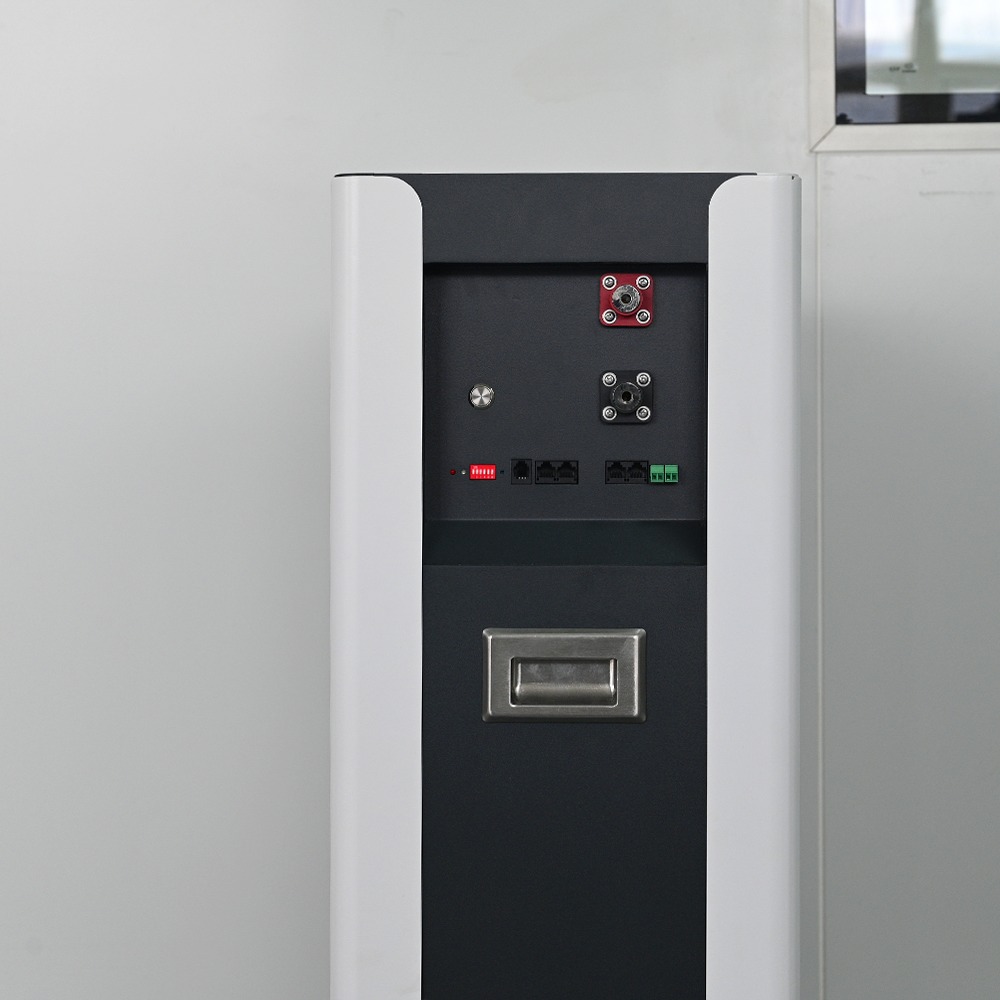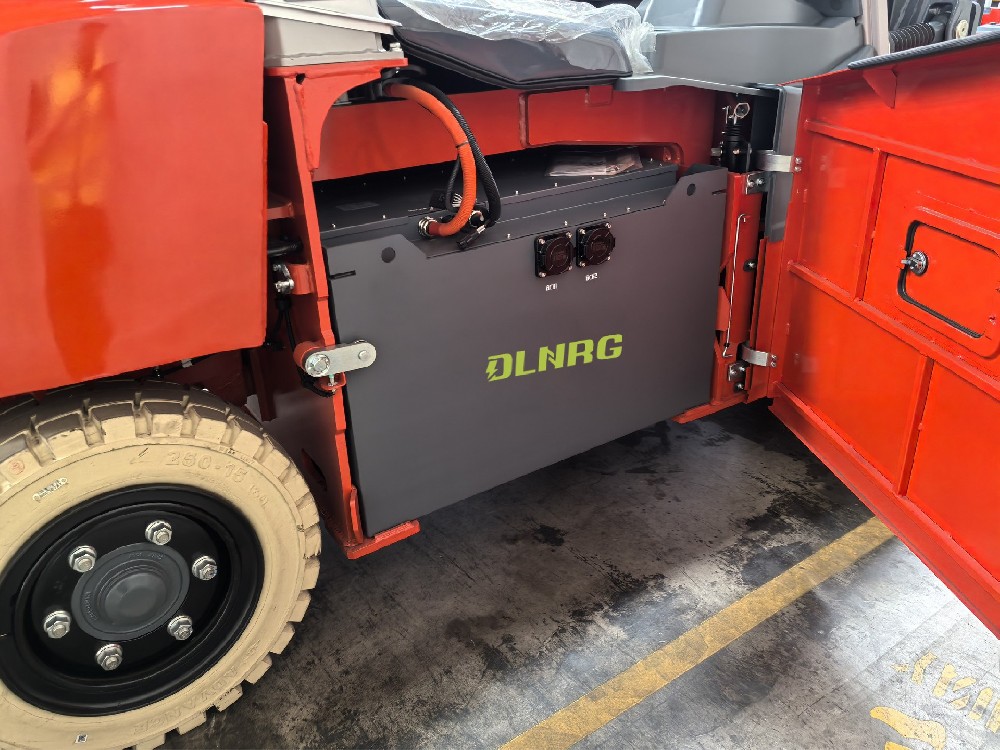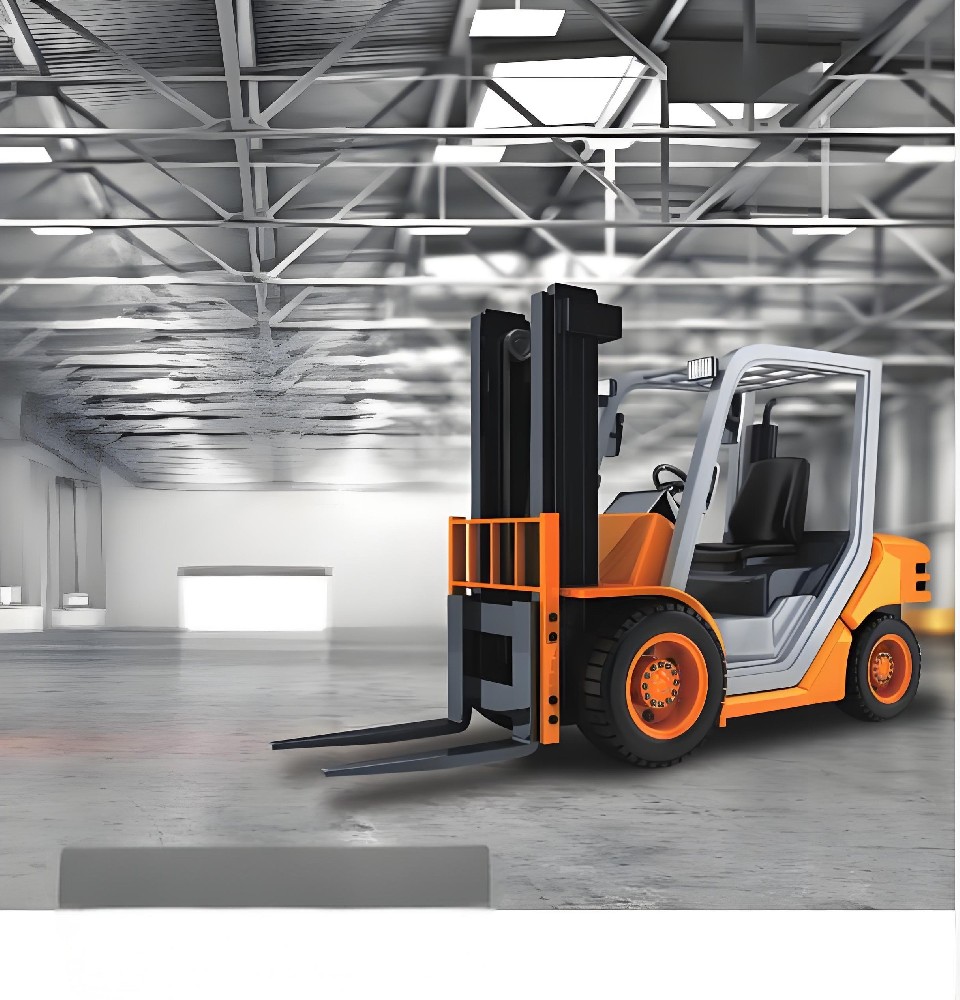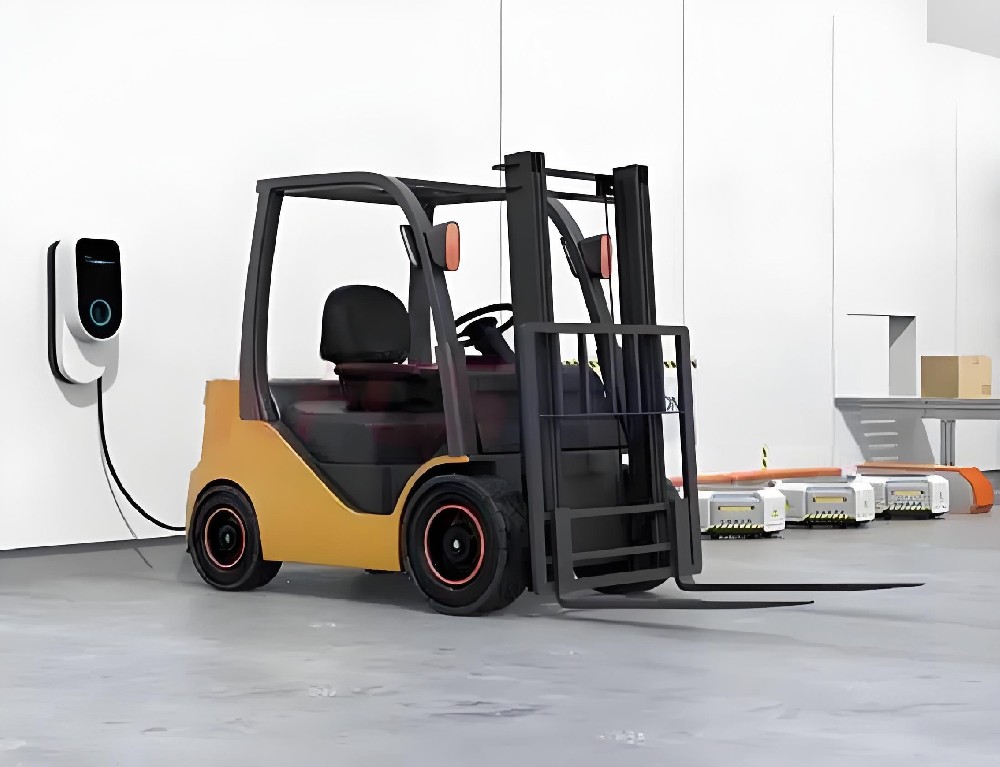Forklifts, as an indispensable means of transport in the workplace, greatly enhance our utility and productivity. However, it is accompanied by significant safety risks, and many workplace transportation accidents have been linked to it. This has made us even more aware of the importance of following forklift safety practices. National Forklift Safety Day, sponsored by the Industrial Truck Association, aims to ensure the safety of those who build, operate and work around forklifts. 2024 Our 11th annual event. Here, Leyton will provide you with some basic forklift battery safety tips and practices.

Quick guide to forklift battery Safety
In the field of material handling, modern forklifts have moved from internal combustion power solutions to battery power solutions. Therefore, forklift battery safety has become one of the important factors of overall forklift safety.
Lithium battery or lead-acid battery, which is safer?
Electric forklifts usually use two types of batteries: lithium batteries and lead-acid batteries. Each type of battery has its advantages, but from a safety point of view, lithium batteries have a clear advantage. Lead-acid batteries are made of lead and sulfuric acid, and the liquid can spill if not handled properly. In addition, they require specific ventilated charging stations, as charging can produce harmful fumes. Lead-acid batteries need to be replaced during shifts, and because the batteries are heavy, the operator may face the risk of falling and smashing.
In contrast, operators of lithium battery forklifts do not have to come into contact with these hazardous materials. They can be charged directly in the forklift without the need for replacement, thus reducing related accidents. In addition, all lithium batteries are equipped with a battery management system (BMS) to provide more comprehensive protection and ensure overall safety.
How to choose a safe lithium battery?
Many lithium battery manufacturers use advanced technology to enhance safety. For example, as a leader in industrial lithium batteries and a member of the Industrial Truck Association, Leitong always puts quality and safety first and constantly strives to develop reliable, efficient and safe lithium battery solutions that not only meet safety standards, but also exceed safety standards to provide excellent performance and reliability in material handling applications.
Leyitong forklift batteries use lithium iron phosphate cell technology, which has excellent thermal and chemical stability. This means they are less likely to overheat; Even if it's punctured, it won't catch fire. Vehicle gauge reliability withstands harsh use. The self-developed BMS provides real-time monitoring and supports multiple protections against overcharging, overdischarge, short circuits, and more.
In addition, the battery has a built-in fire suppression system, while all materials used in the system are fire resistant, preventing thermal runaway and enhancing safety. To further ensure safety, Leyitong forklift truck batteries are certified to strict standards such as UL 1642, UL 2580, UL 9540A, UN 38.3 and IEC 62619, while chargers are compliant with UL 1564, FCC, KC and CE standards with multiple protection measures.
Different brands may offer different security features. Therefore, understanding the various aspects of security is crucial to making informed decisions. By investing in reliable lithium batteries, companies can improve workplace safety and productivity.
Safety precautions for using lithium batteries
Purchasing safe batteries from a reliable supplier is the first step to ensuring safety, but safe practices for using forklift batteries are also important. Here are some safety tips:
Always follow the installation, charging, and storage instructions and procedures provided by the battery manufacturer. · Do not expose forklift batteries to extreme environmental conditions, such as overheating and undercooling, which may affect their performance and service life. · Be sure to turn off the charger before disconnecting the battery to prevent arcing. · Check wires and other components regularly for signs of wear and damage. · In the event of any failure of the battery, maintenance and repair by an authorized, trained and experienced professional is required.
Quick guide to operational safety practices
In addition to battery safety, forklift operators need to know more safety practices to ensure good forklift safety:
· Forklift operators should wear full personal protective equipment (helmet, gloves, shoes, etc.) as required by environmental factors and company policies.
· Before each shift, check your forklift through the daily safety checklist.
· Forklift load shall not exceed its rated capacity.
· Slow down and sound the forklift horn at blind corners and in reverse.
· Never leave a running forklift unattended.
· When operating the forklift, follow the designated road at the work site.
· When operating the forklift, do not speed, and remain alert and aware of the surrounding environment.
To avoid danger and injury, only trained and licensed personnel should operate the forklift.
· No one under the age of 18 is allowed to operate a forklift.
According to the Occupational Safety and Health Administration (OSHA), more than 70 percent of forklift accidents are preventable. With effective training, accident rates can be reduced by 25 to 30 percent. Therefore, compliance with forklift safety policies, standards and guidelines and participation in appropriate training can significantly improve forklift safety.
Make every day a forklift Safety Day
Forklift safety is not a one-time task; It is an ongoing commitment. By fostering a safety culture and keeping safety practices informed and operating with safety in mind, organizations are better able to keep equipment safe, operators and pedestrians safe, and work more efficiently and safely.
